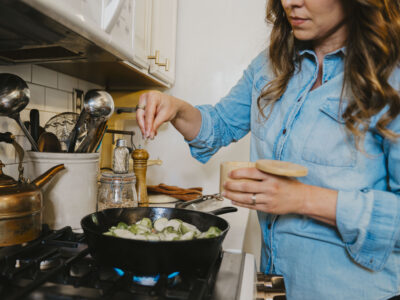How to appropriately price your homestead products or your homesteading skills, is the topic of today’s episode. This podcast is a goldmine of information if you’re planning on creating an income from your homestead or homesteading skills, or even if you’ve already begun your homestead business venture.
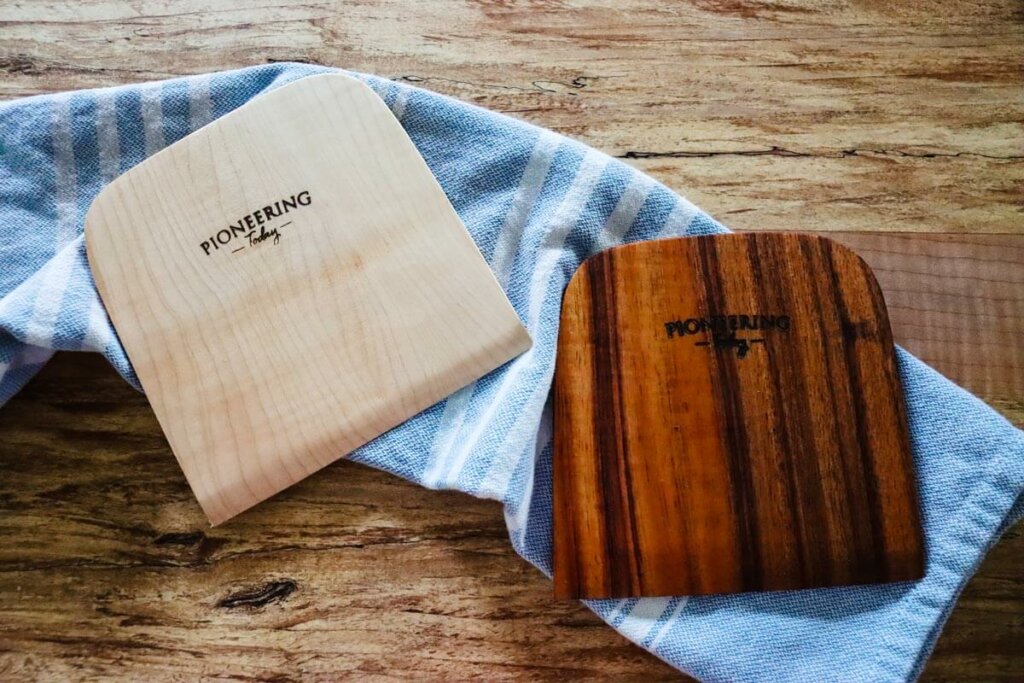
We’ve talked about how homesteading can save money, but what we’re discussing today actually pertains to any entrepreneur! The best part is if you’re interested in this topic, Anne Briggs from Anne of All Trades and I have created a course where we will teach you how to get sales without an email list or website on social media. You can sign up for our homestead business training right here.
Table of Contents[Hide][Show]
- The “Cheap” Mentality
- Know Your Worth
- Know the Value of Your Items
- Know the Baseline Cost
- Data, Data, Data
- Make Your Endeavors Pay For Themselves
- Be OK Making People Pay for Your Time
- Be OK NOT Making Money… Sometimes!
- Finding Your Target Market
- Our Time Becomes Our Dollars or Our Dollars Become Our Time
- 3 Days To Sales Course
- More Articles on Making Money with Your Homestead
The “Cheap” Mentality
We buy things all the time, but very rarely do we sit down and think about how prices are created, or how we should price our own products by taking into account all aspects of what goes into making or creating a product.
I came from a very frugal background. I always had a roof over my head and food in my belly, but I didn’t always have the designer clothes I dreamed about, nor did we eat out often as a child.
Looking back, I’m thankful for the upbringing because that lifestyle really stuck with me. Especially as a newly married bride, buying and building a homestead with my husband, that mentality always stuck with me.
My husband was a bit of the opposite in that he would say, “cheap is not always cheaper”. This holds true for so many things I’ve purchased over the years, especially when it comes to must-have kitchen tools!
I would buy a new “thing” every year because the old one would break, and over the years I spent way more than I would have if I would have purchased a high-quality item in the first place.
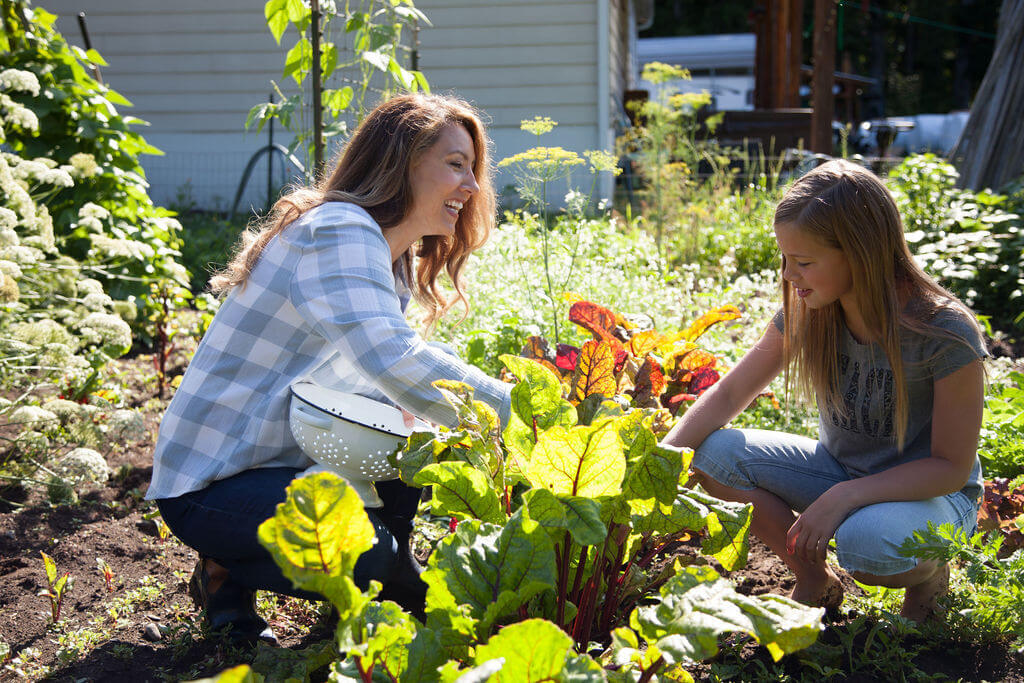
Know Your Worth
As a homesteader, knowing your worth is so important before setting out on a business venture. The knowledge you’ve gained over the years should be factored into your pricing for your items.
For instance, if someone wanted to butcher their own chickens, how much time would they have to spend first learning how to properly butcher the chicken? Would they need to invest in specific tools? And have they first raised their own backyard meat chickens, or do they need to first buy the chickens, then butcher them?
When someone really steps back and considers all that goes into buying fresh, free-ranged chickens that are butchered, wrapped and ready for the freezer, the price tag may all of the sudden be more acceptable.
Factoring in the entire process (including the learning process) should be included in the cost of your item.
Know the Value of Your Items
If you’re making your own homemade soap to sell, for example, and using your own home-rendered lard, or your own goat’s milk, you need to factor in the cost of obtaining these items.
Because they don’t have a monetary value coming from your pigs (lard) or your goats (milk), you have to consider what it would cost you to go purchase goat’s milk, or pasture-raised lard, and factor that into your pricing.
That soap is not going to cost, nor should it, the same price as a bar of Dial soap. Never run your business by playing the game of lowest price. The knowledge, skills, and supplies that have gone into that bar of soap will cost extra!
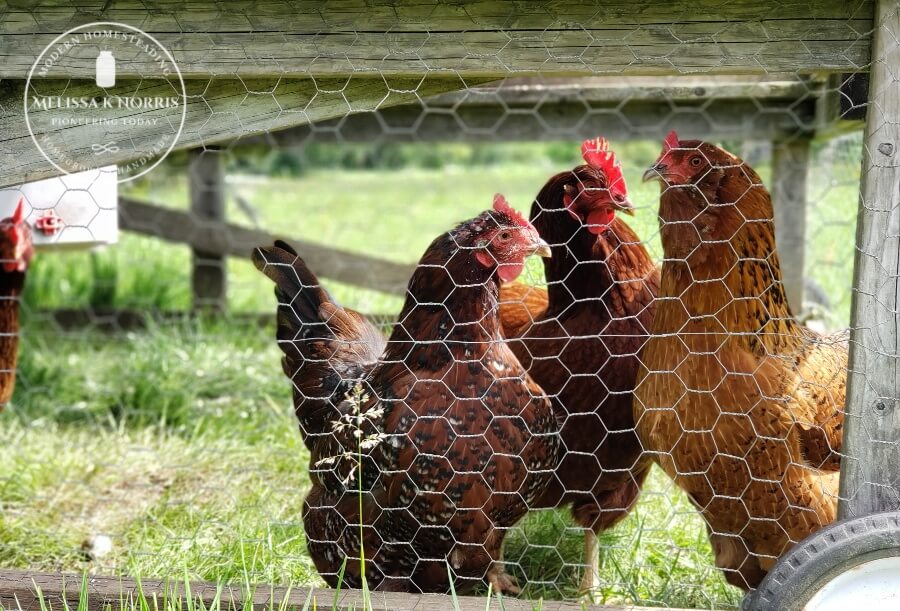
Know the Baseline Cost
One of the problems I see when people are pricing their products is that they don’t know how to figure out the true cost of the item.
Whether it’s a skill you’re teaching or a physical product you’re selling, you have to know what your baseline cost is. If you don’t know this overhead cost, and you haven’t set a profit margin, then you will not be able to stay in business.
And remember, even if something only costs you time to make, it still COSTS you something, there is a monetary value for your time!
This relates a bit with the previous interview I did with Anne where we talked about time management on the homestead. In that podcast, we discussed time tracking. I do this to keep track of my tasks to accurately track how much time these tasks or activities take.
You must know how much it costs you to make a product and price your product accordingly. If you undersell your product, you’re literally paying people to buy your product.
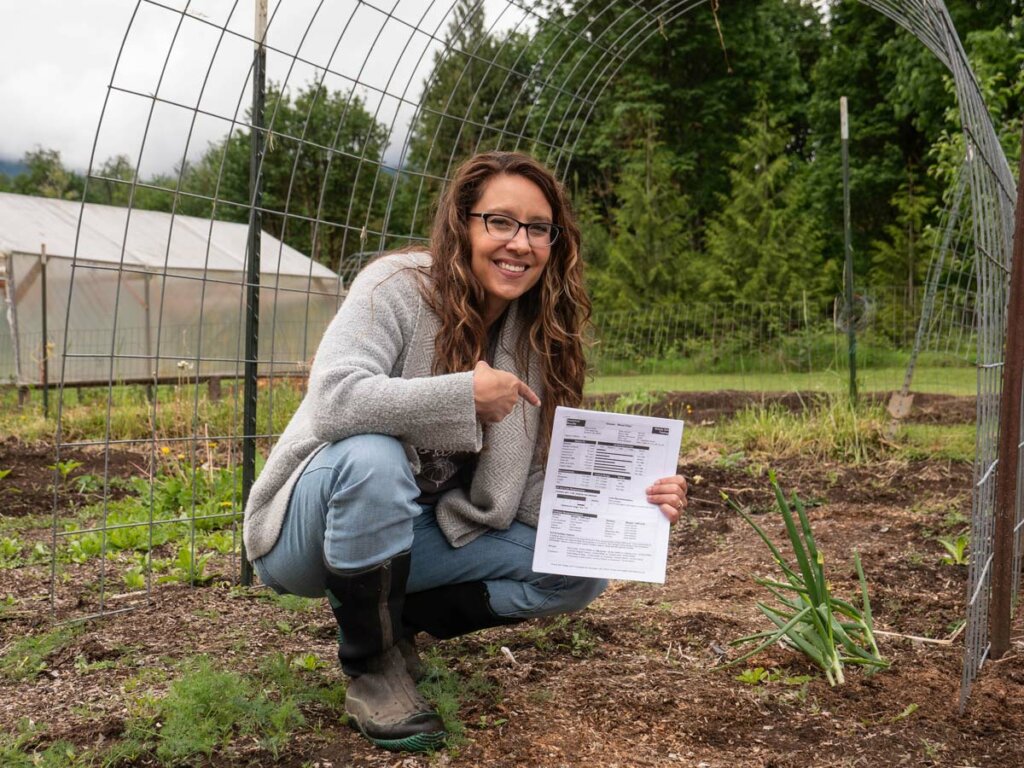
Data, Data, Data
The very best way to figure out the cost of your product is to keep a time-tracking sheet. Write out how long something takes you, how much you’re paying for products and supplies, and the overall time and investment combined… trust me when I say it is so eye-opening!
We often underestimate how much time a certain task takes to complete, but when it’s tracked right there in a spreadsheet, those numbers don’t lie.
Keeping track of it all can be very informative, especially when it shows you where you’re not using your time most effectively. This can help shave time off of certain tasks, eliminate tasks completely, or show you where you should spend the bulk of your time.
Anne encourages us all to track your progress and your time, even if you don’t think you’re a data person, or someone who will thrive on time-tracking. She shares how she’s not a data person either, but it has helped her businesses grow and flourish!
She also recommends the book Atomic Habits by James Clear. It talks about the psychology behind time tracking, resolutions, diets, etc., and why they often fail, plus how to develop true habits that last.
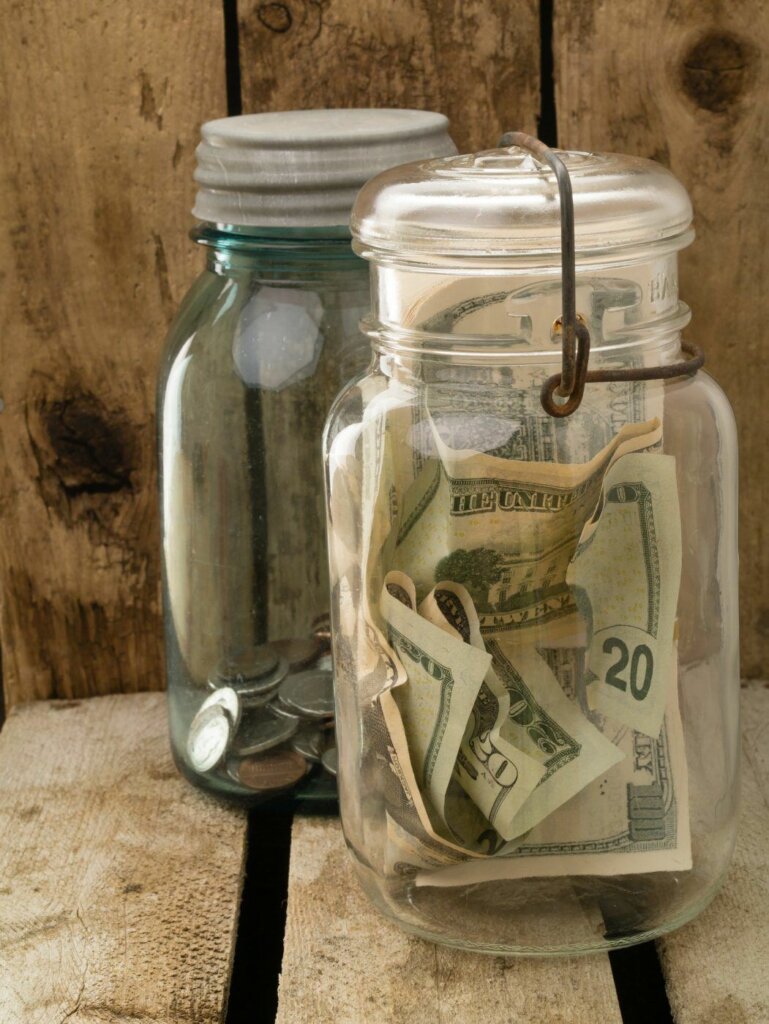
Make Your Endeavors Pay For Themselves
Anne shares how, as a young woman, she always made her endeavors pay for themselves. If she wanted to learn a new skill, she went into it with a business mindset in wanting that new skill, and the cost that went into obtaining it, to pay for itself.
This was especially helpful when it came to homesteading.
Homesteading can be a very expensive venture (there are so many myths about homesteading I love to clear up for people), so going into it as a business made it all possible for Anne (who has created a flourishing YouTube channel, Instagram following, Facebook page and her Anne of All Trades website, along with countless other products and courses in her online Farm Store).
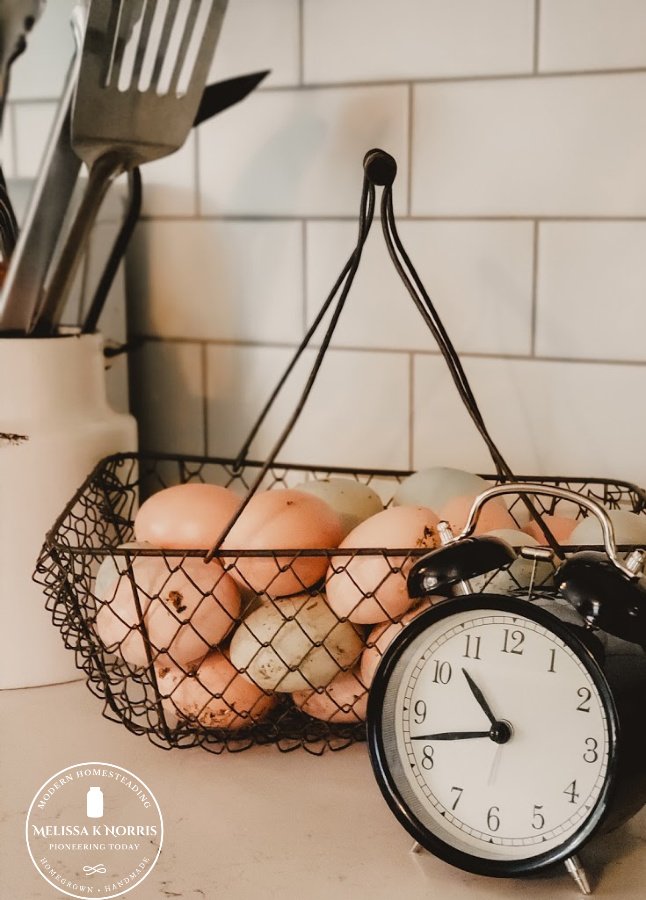
Be OK Making People Pay for Your Time
Oftentimes businesses or entrepreneurs create their business out of things they would do even if they weren’t in it for profit, so they have a hard time putting a price tag on something that isn’t tangible.
Anne figured out that selling cheese to someone would initially cost $150 per ounce based on the time she’s put into learning the skill, the cost of the materials and supplies she’s had to purchase, and the time it takes to actually make the cheese itself.
It’s for this reason that it’s so important to have hard data to make sure your venture is worth your time!
You have to also consider what it would cost someone else to make themselves the item that you’re selling. As mentioned before, if they had to purchase the supplies, tools, equipment, etc. for the item, then spend their own time making the product, they would look at what you’re charging much differently!
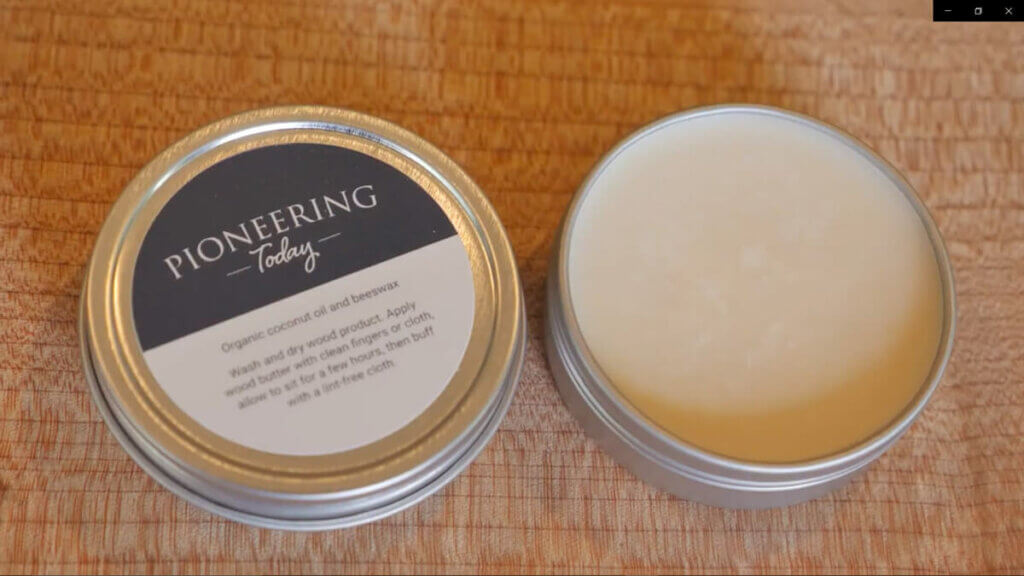
Be OK NOT Making Money… Sometimes!
A perfect example of being OK doing something that doesn’t make you any money is this podcast. The Pioneering Today Podcast doesn’t make me any money. I pay for hosting, I pay for editing, and I pay for my team to get it ready to go on the blog. I don’t typically have sponsors who pay for each episode, so I’m paying not only for the podcast, but for the time it takes me to record it, and all the aforementioned aspects.
But I find the podcast worth it because it’s so beneficial to many people, and I hear from them all the time which makes me happy and is the motivation I need to keep it going (we’re over 300 episodes in!).
Sure, occasionally a listener will buy a product like our homemade heirloom wood scrapers and bench knives, or maybe they’ll join the Pioneering Today Academy, but there are a whole lot more people who listen and never buy a product than those that do.
The value of the podcast is there for me, however, to continue with it.
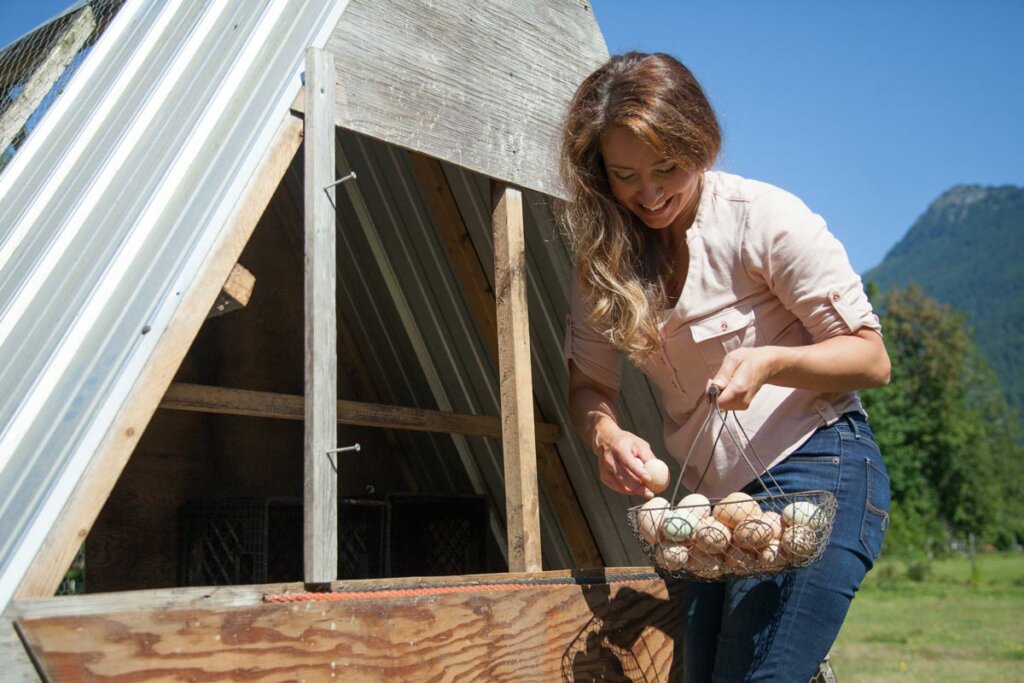
Finding Your Target Market
If you want to sell free-range chicken eggs, your target market is not going to be the person who goes to Walmart to buy the cheapest eggs possible.
Your target market is going to be the person who would love to raise their own backyard chickens, but either doesn’t have space or time, however, understands the value of what they’re buying.
Get creative with your storytelling to sell your product. Know who your target audience is, and write a story that will speak to them. When you tell the right story, your product will naturally sell itself.
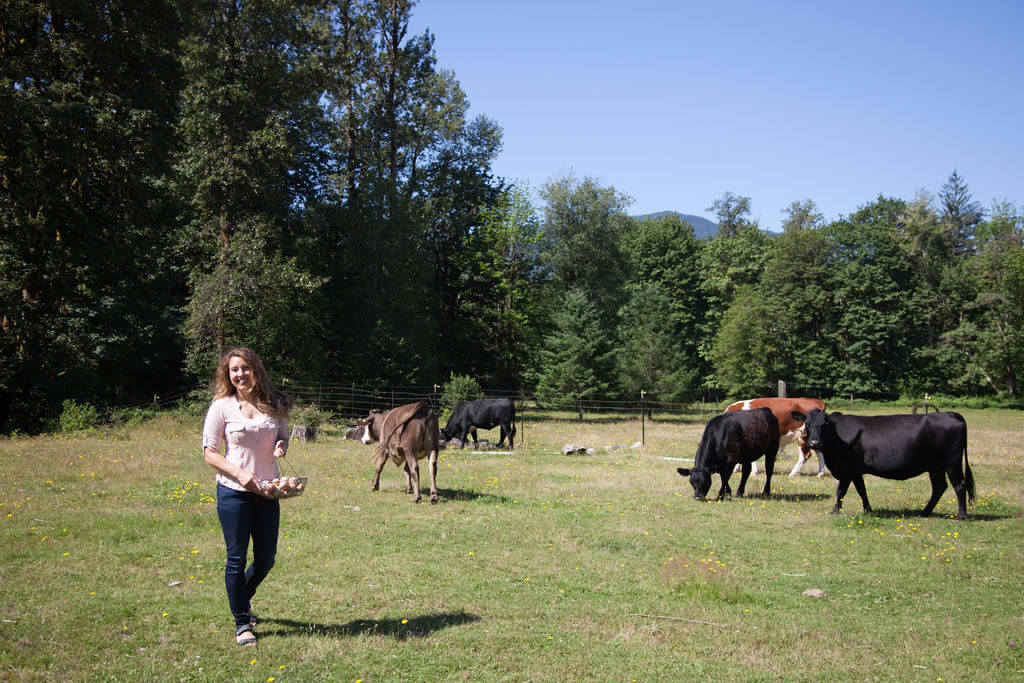
Our Time Becomes Our Dollars or Our Dollars Become Our Time
When thinking about our business, be thinking about the problem you are solving for your target market.
If someone is willing to buy eggs, they’re paying for the privilege of not having to spend the time to raise those eggs themselves. For me, their dollars allow me the time I need to tend to and care for my chickens so they continue to produce.
3 Days To Sales Course
Want to learn more? If you have a product or business (or an idea for one), Anne and I want to save you many of the lessons we had to learn the hard way. We’ve put together a course where you can learn these methods in 3 Days to Sales: How to Effectively Sell Your Product On Social Media
Verse of the Week: Proverbs 13:11
More Articles on Making Money with Your Homestead
- 4 Ways to Make Money Homesteading When You’re Broke
- Planning our “Farm Stay” Homestead
- How to Prepare Your Homestead for Selling
- How to Make Money Homesteading- Cash from Your Farm
- How to Use Homesteading Skills to Make Money ESPECIALLY during the holidays
- Homesteading + Making Money (How to do it All)
- Maximizing Your Homestead for Profit & Production (with Joel Salatin)
- Raising Sheep for Fiber & Naturally Dyeing Wool
[fusebox_transcript]
